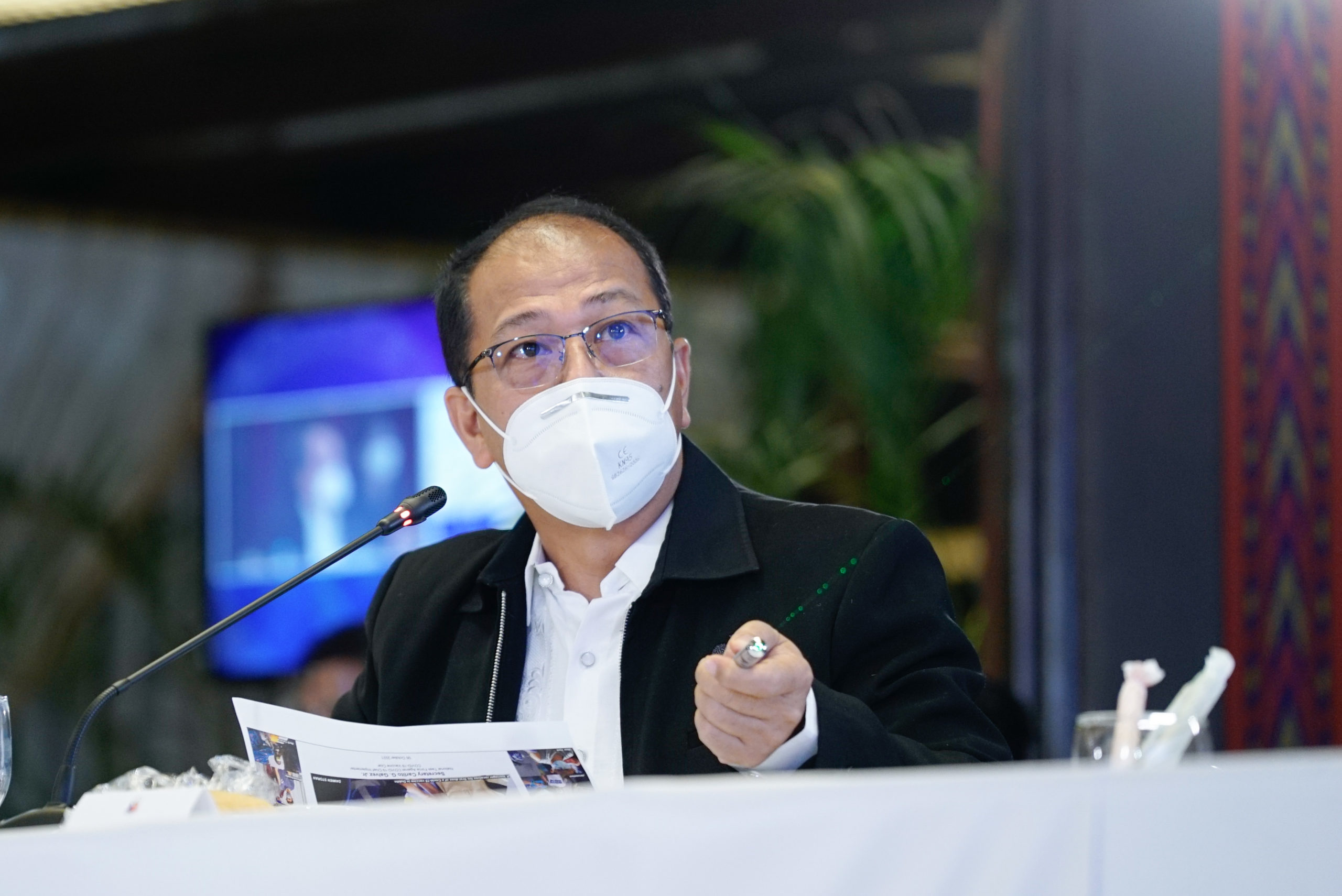
Presidential Adviser on Peace Process and National Task Force against Coronavirus Disease-2019 (NTF COVID-19) chief implementer, Secretary Carlito Galvez Jr. PRESIDENTIAL PHOTO
MANILA, Philippines — Vaccine czar Carlito Galvez Jr. called on all local governments to ramp up further their vaccination rollouts, saying the supply of vaccines against COVID-19 was no longer a problem.
“With the steady arrival of these vaccines, we call on our local leaders to set aside their political differences and focus on our efforts to inoculate as many people as possible,” said Galvez, the chief implementer of the National Task Force Against COVID-19 (NTF), on Saturday.
“We at the NTF are making an assurance that every region in the country will receive an adequate volume of vaccines,” he added.
More than 1.3 million doses of Moderna arrived in the country on Saturday, bringing the total vaccine deliveries to 85,575,600 since February.
According to Galvez, the country has been receiving a daily average of 1.5 million vaccines, with more than 14 million doses shipped to the country in the first week of October alone.
“Our vaccine supply is no longer an issue,” he noted, saying the current challenge now of the government was on throughput (volume of vaccines that manufacturers can produce and deliver in a specified period of time), demand, and administration.
Galvez said around 23 million Filipinos had already been fully vaccinated, or around 30 percent of the target population. More than 26 million people, meanwhile, have received their first dose of the vaccine.
Galvez said the government expected the volume of vaccine deliveries to reach 100 million doses this month, which would be enough to achieve the country’s target to vaccinate 50 million Filipinos to achieve “population protection.”
At least 70 percent of the country’s 110 million population must be fully vaccinated to achieve herd immunity. The government later raised the target to 80 to 90 percent after more variants of the coronavirus emerged.
Galvez earlier assured the public that the country had enough supply of COVID-19 vaccines for the rest of the year. This after some local governments requested to directly purchase vaccines from suppliers instead of entering into a tripartite agreement with the national government.